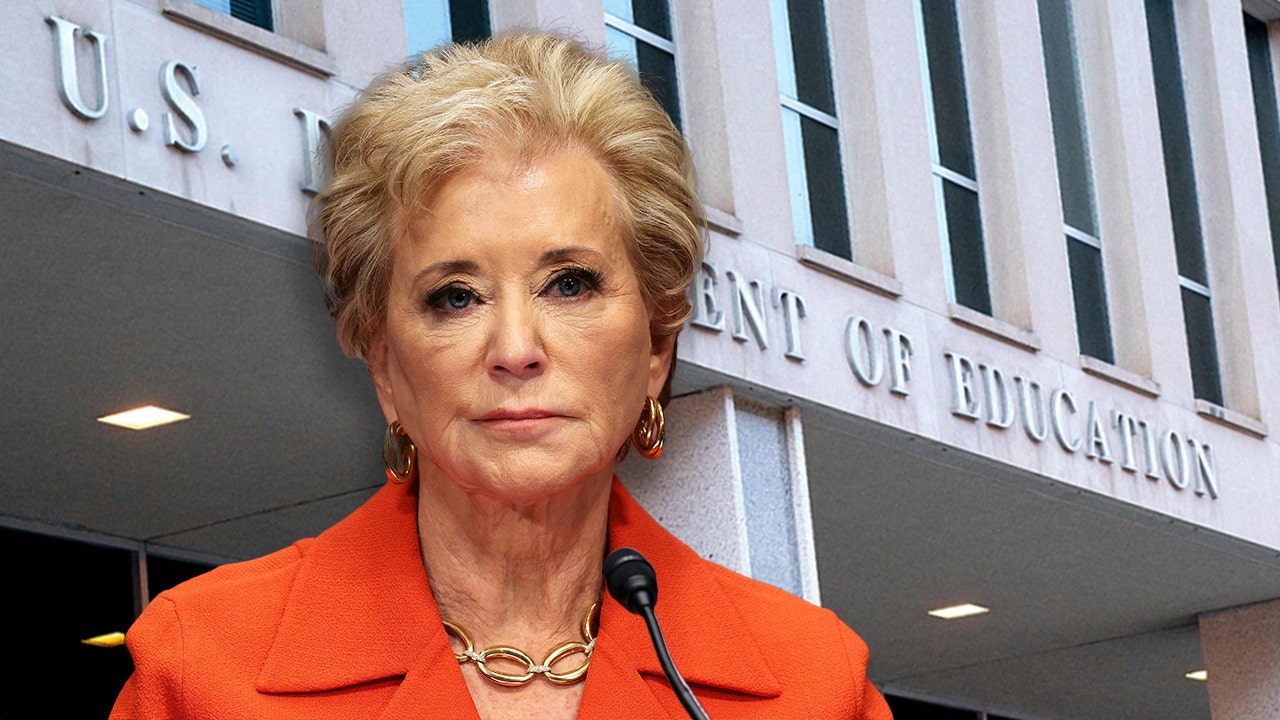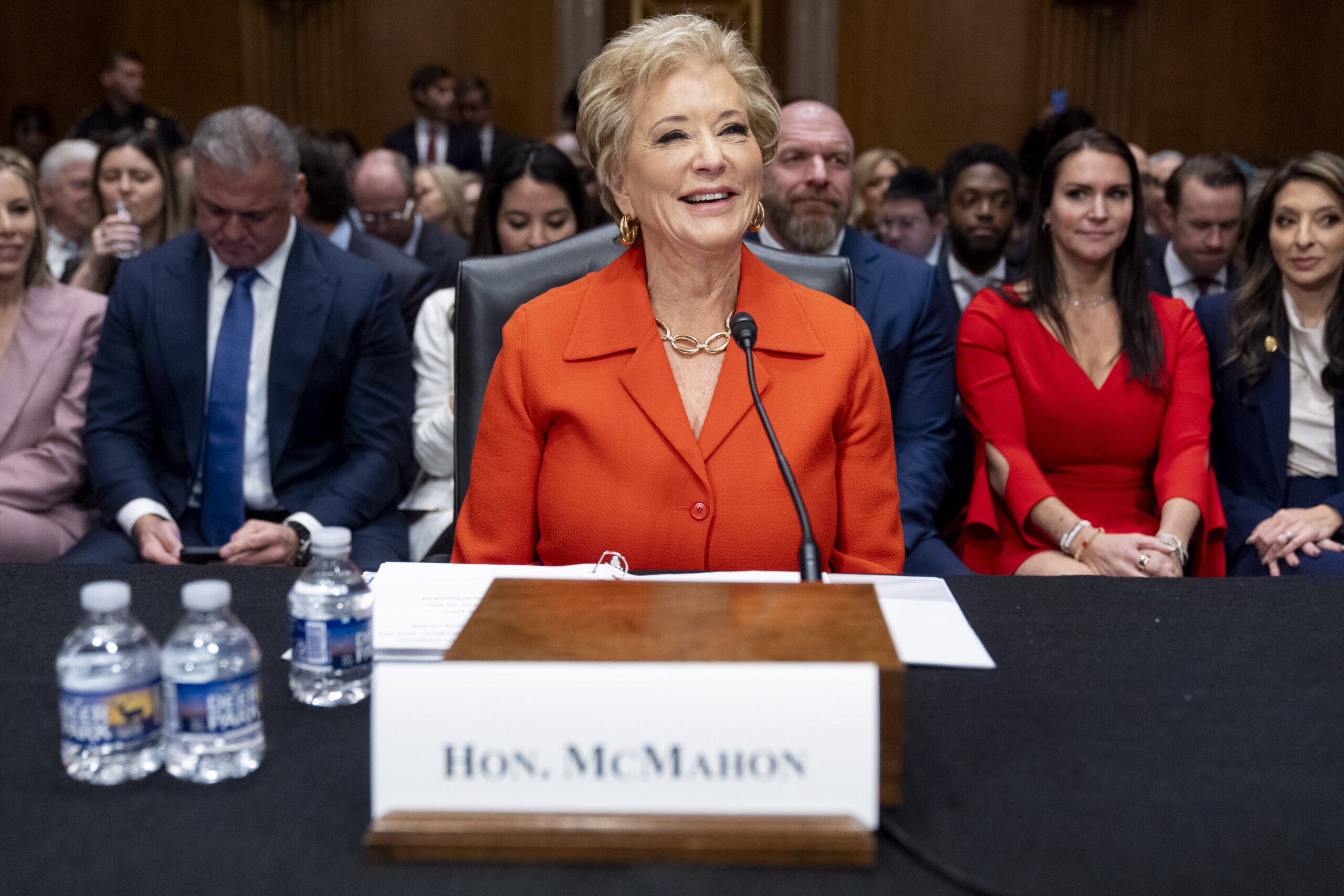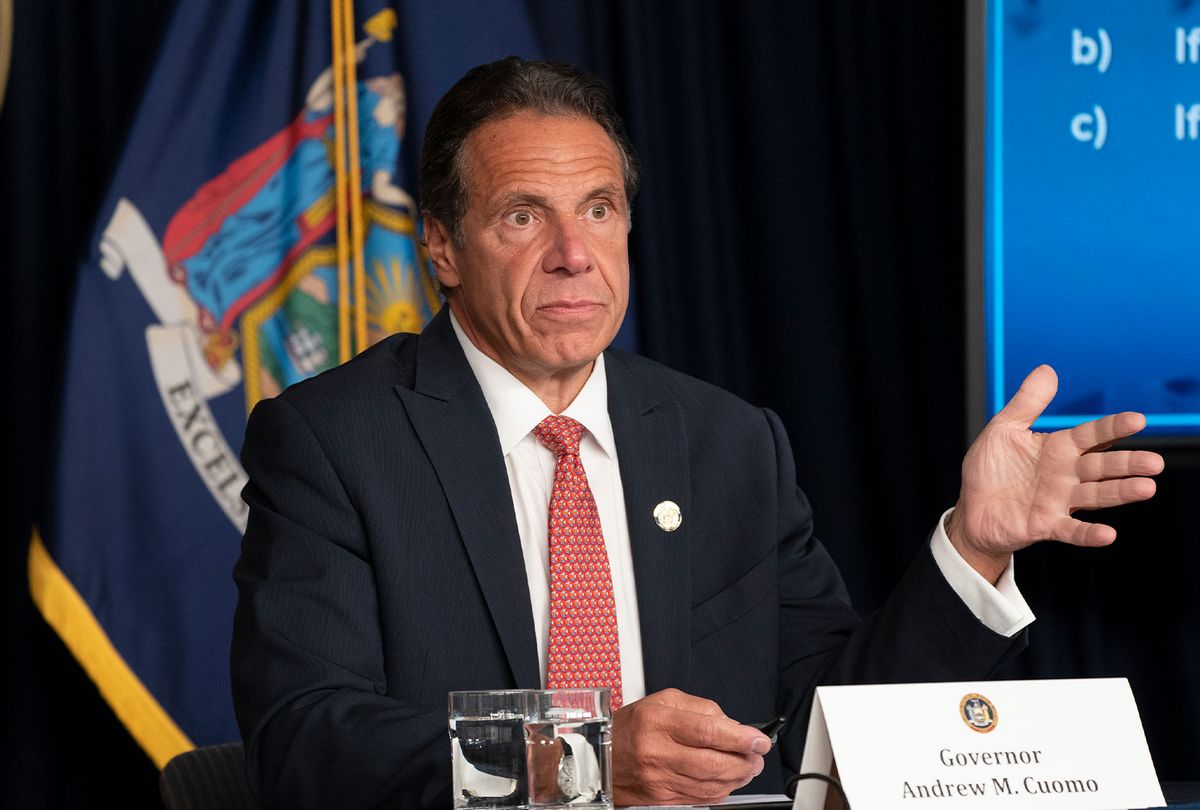The St Lucia Parliament on Tuesday night gave the green light for the island to have the Trinidad-based Caribbean Court of Justice (CCJ) as its final and highest court, replacing it the London-based Privy Council.
All 13 government legislators who were present when the vote was taken supported the motion. Opposition Leader Allen Chastanet, who had earlier walked out of the Parliament during a debate on another matter, did not participate in the CCJ debate.
The government needed a three-fourth special majority of the 17-member Parliament to amend through the Constitution of St Lucia Amendment Bill 2023 and, according to the Speaker Claudius Francis, the requirement was met when all 13 government members voted in support of the motion that had been tabled by Prime Minister Phillip J Pierre.
Two government legislators are out of the country on official business
“It is a sad day that a former prime minister is not in the House to debate this bill,” Pierre said, adding that it showed the “scorn and contempt” Chastanet had for the population.
But speaking on a radio programme earlier, the United Workers Party (UWP) leader defended his decision to walk out, saying that he represents thousands of people and would not be “silenced” by a “biased” Speaker.
“People want to hear a different opinion and I am being denied the opportunity to speak,” Chastanet told radio listeners. “I am not going to allow the voice of the Leader of the Opposition to be marginalised.”
“There needs to be a challenge to what’s going on with the CCJ but I can’t do it alone,” he added, urging the population to express their feelings about the situation as well as the need for a referendum.
But government legislators, including former prime minister Dr Kenny Anthony who drafted the CCJ legislation when he served as the counsel general of the Caribbean Community (CARICOM) Secretariat in Guyana, brushed aside the call, saying that the St Lucia Constitution makes no requirement for a referendum before acceding to the CCJ.
Prime Minister Pierre said he intends to write the British government providing an update on the move towards the CCJ in keeping with the agreement reached when the island attained political independence from Britain 44 years ago.
In addition, he said he would also be informing former Jamaica prime minister PJ Patterson, who in earlier correspondence had expressed confidence in St Lucia’s move and the experience of Anthony to help guide the process
He said he would inform Patterson that “Kenny did give us a lot of his knowledge and we did pass the bill”.
Pierre said passage of the legislation made St Lucia “part of history, and the history books will record that on the 28th of February, St Lucia broke the shackles of colonialism”.
See also
Earlier, another former prime minister, Stephenson King, a senior member of the present administration, said he was pleased that the island was moving towards the regional court.
King said an ordinary person would need approximately EC$130 000 to access the Privy Council.
St Lucia becomes the fifth CARICOM country to make the CCJ its final court, joining Barbados, Belize, Guyana and Dominica.
All 15 CARICOM countries have also signed on to the original jurisdiction of the CCJ that also serves as an international tribunal interpreting the Treaty of Chaguaramas which governs the regional integration movement.
Donate At Caribbean News Service, we do not charge for our content and we want to keep it that way. We are seeking support from individuals and organisations so we can continue our work & develop CNS further.





















Discussion about this post